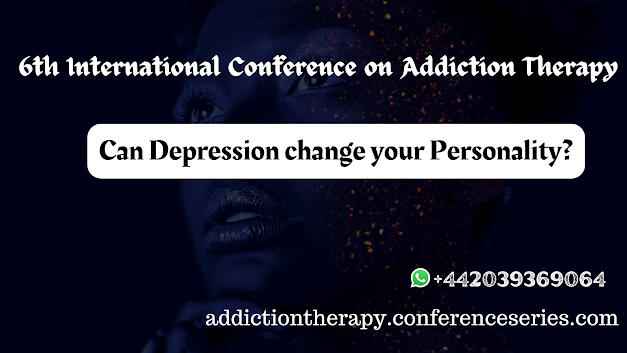Why do people become addicted?
There is no single cause for addiction,
and anybody may acquire an addiction to anything. Environmental and genetic
variables, on the other hand, are two major reasons that might render someone
prone to addiction. A home environment where trauma, abuse, or addictive behaviours occur; a
living environment where drugs, alcohol, or other addictions are easily
accessible and occurring; friends, family members, or other peer influences of
individuals who are addicted or regularly engage in problematic behaviours;
social acceptance of problematic behaviours; or a culture that generally
accepts addiction are all examples of environmental variables. A family history
of mental illness or addiction is one of the genetic factors.
Aside from genetic and environmental risk factors,
there are a number of other elements that might increase one's chances of
developing an addiction. Individuals with underlying mental health concerns
like anxiety or depression are more likely to develop an addiction. Addiction
can also be triggered by a history of physical, sexual, or emotional abuse, as
well as other trauma. Furthermore, the sooner someone starts participating in a
problematic habit, the more likely they are to develop an addiction to it.
Addiction is a complicated, chronic brain illness characterised by drug use or obsessive behaviours that persist despite negative consequences. It is regulated by genes and the environment. Recognizing that there is a problem and getting therapy is generally requirements for such an addiction diagnosis. Although drug use involves several health and social dangers in addition to the potential of addiction, it is not usually a sign of addiction.




Comments
Post a Comment